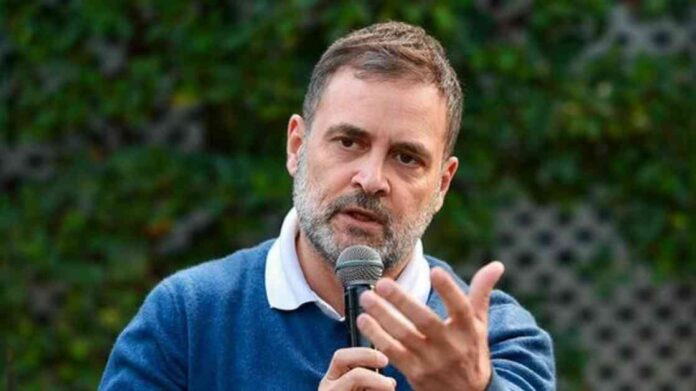FIR Filed Against Rahul Gandhi for ‘Fighting Indian State’ Remark
An FIR has been registered against Congress leader Rahul Gandhi following his controversial statement about ‘fighting Indian state,’ sparking a massive row. The case was filed by Monjit Chetia at Guwahati’s Pan Bazar Police Station on Sunday, January 19, under Sections 152 and 197(1)d of the Bharatiya Nyaya Sanhita (BNS), citing acts endangering the sovereignty, unity, and integrity of India, which is a cognisable and non-bailable offense.
Rahul Gandhi’s Statement and Controversy Explained
During the inauguration of Congress’s new headquarters at Kotla Road in Delhi on January 15, Rahul Gandhi stated, “the BJP and RSS have captured every single institution, and we are now fighting the BJP, the RSS, and the Indian State itself.” The FIR alleges that this statement poses a serious threat to public order and national security, attempting to delegitimize the authority of the State and portray it as a hostile force, potentially inciting unrest and separatist sentiments.
Rahul Gandhi Launches ‘White T-shirt Movement’
In response to the controversy, on Sunday, January 19, Rahul Gandhi initiated a ‘White T-shirt Movement’ to protest against injustice and inequality, urging people to join. He criticized PM Modi for neglecting the poor and working class, focusing solely on enriching a select group of capitalists, leading to increased inequality in India.
This incident highlights the delicate balance between freedom of speech and national security concerns. While individuals have the right to express their opinions, such statements must be carefully considered to prevent potential repercussions. In a diverse and democratic society like India, differing viewpoints are essential for progress, but they must be conveyed responsibly to avoid undermining the nation’s stability and unity.
It is crucial for leaders to engage in constructive dialogue and seek solutions that benefit all citizens, rather than resorting to divisive rhetoric that can fuel tensions. As we navigate through this challenging period, let us reflect on the importance of fostering unity and understanding among diverse communities to build a stronger and more inclusive India.

















